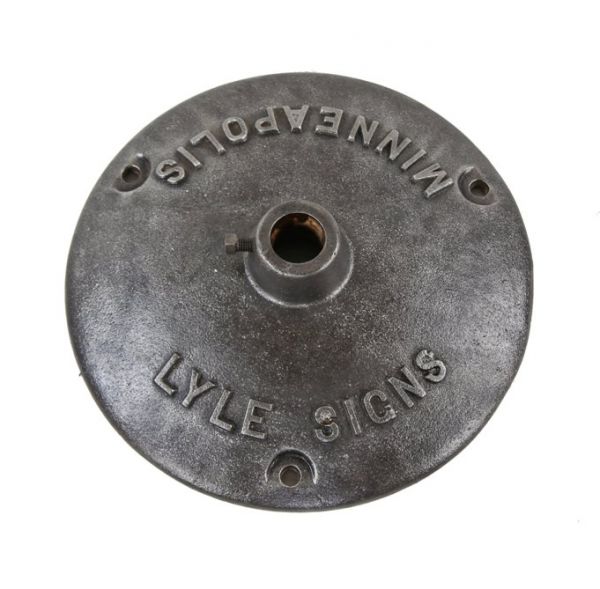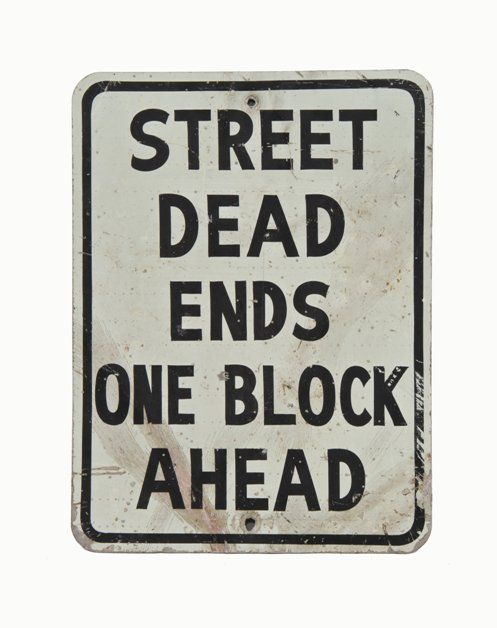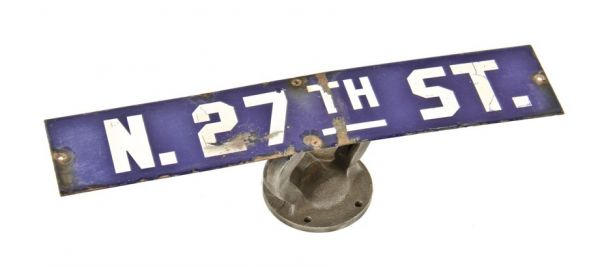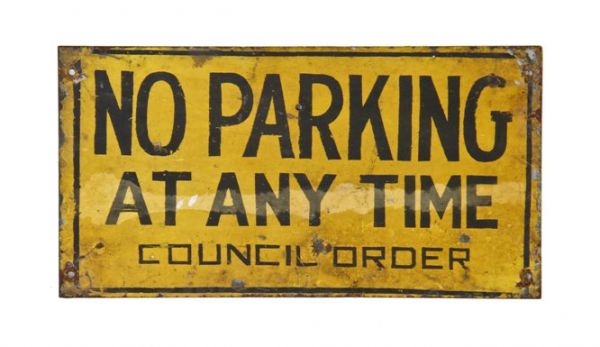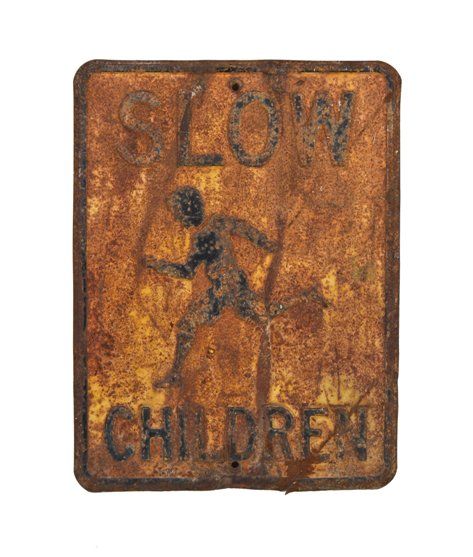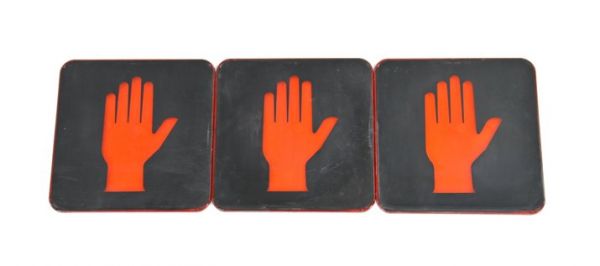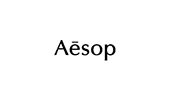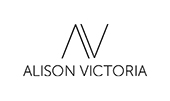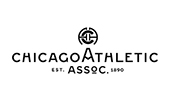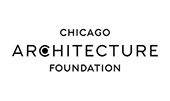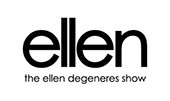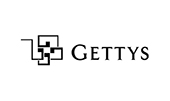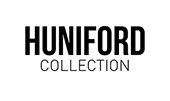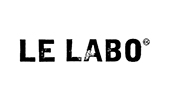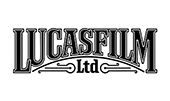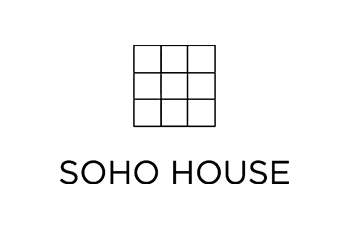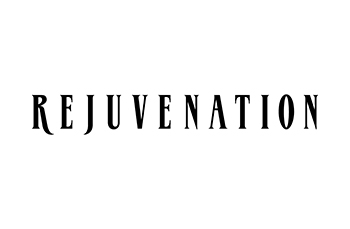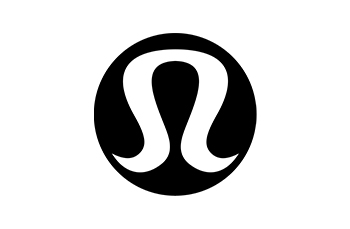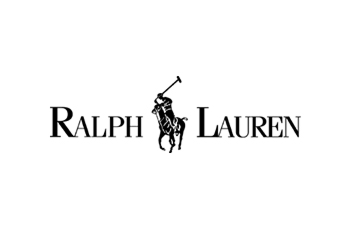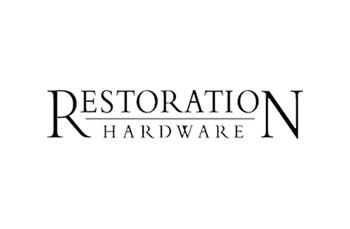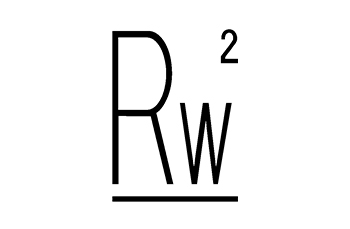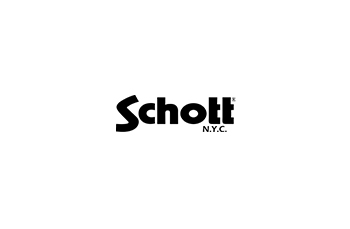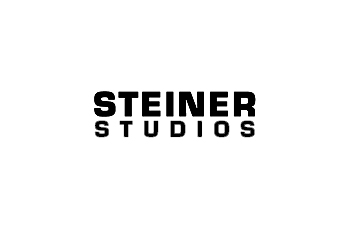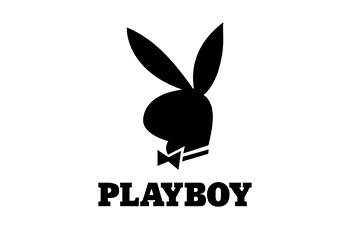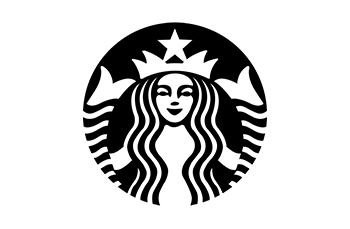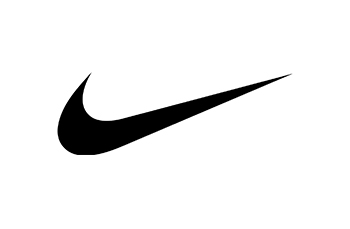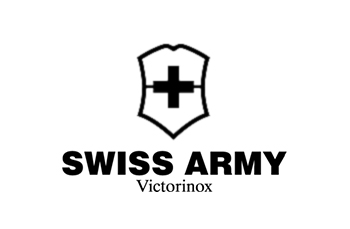original c. 1930's american vintage industrial city street traffic lollipop sign weighted cast iron base refinished and sealed with a clear coat lacquer
SOLD
Out of stock
SKU
UR-16481-13
lyle signs inc., minneapolis, mn
depression era american industrial weighted cast iron city street lollipop sign base designed and fabricated by lyle signs inc., minneapolis, mn. the heavy iron circular-shaped traffic sign base has been brushed down to bare metal and sealed with a clear coat lacquer. manufacerer markings, in the form of deeply embossed lettering wrap around the centrally located opening. in 1900, the lyle culvert company started making metal culverts at lyle, minnesota. a year later, in 1901, the company moved to minneapolis, mn. in 1912, two engineers with the culvert company, the fraser brothers, designed, developed and patented some sign making machines -- hence the birth of lyle sign division of the lyle culvert company. the machines were built on the pantagraph principle with messages carved or routed approximately 1/16" deep in heavy (12 gauge) steel. for the next 21 years, traffic, park, parkway and street name signs were produced by this carved-in-process. in 1928, the sign division was separated from the culvert company. lyle signs, incorporated was established as a separate corporation. in 1933, lyle bought its first embossing press, designed and developed male and female dies to emboss complete sign messages and strengthen borders on 14, 16 and 18 gauge metal, all in one operation. carved-in process signs were still produced because of their extreme longevity, but as years passed, costs of labor (carving one letter at a time) made prices prohibitive. there are, however, carved-in process street name signs still in use in many cities, after 40 or 50 years of service, with only minimum refinishing maintenance costs involved. the demand for embossed message signs gain popularity from 1933 to the start of world war ii, at which time the use of metal for sign purposes was restricted by federal regulations. during the war years, lyle signs used its facilities in the manufacture of defense items, primarily stamping for the aircraft industry. in 1945, federal restrictions on the use of metal for sign purposes was lifted and lyle was back to making traffic and street name signs. measures 16 inches in diameter.
You Might Also Like
WORDLWIDE SHIPPING
If required, please contact an Urban Remains sales associate.
NEW PRODUCTS DAILY
Check back daily as we are constantly adding new products.
PREMIUM SUPPORT
We're here to help answer any question. Contact us anytime!
SALES & PROMOTIONS
Join our newsletter to get the latest information

